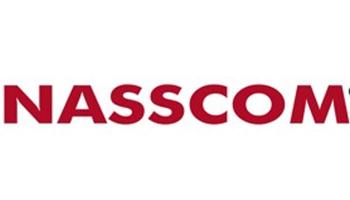Nasscom predicts gloomy future with single digit growth

India’s Information Technology lobby group Nasscom on Wednesday observed that H-1B visa restrictions and the impact of Brexit are threatening to disrupt the growth of the country’s IT sector, The Financial Express reported.
For the first time ever, the industry will clock single-digit growth after posting a rise of 12.3 in FY16 and the trade body said that it would offer a forecast for FY18 only three months down the line after meeting with stakeholders, the report read.
R Chandrashekhar, president of the group, while speaking at the trade body’s annual leadership forum, said that the initial data from global analysts on technology spending in 2018 was promising. However, there was some uncertainty in the short term, he warned.
“Gentle deceleration continues as industry focuses on productivity and automation,”read the report by Nasscom.
According to them, the increase in employment is estimated at 5% compared with 6% in FY16. Revenue growth in the three months to December 2016 was reasonably good despite the impacts of Brexit and currency fluctuations.
According to the English daily’s report, Nasscom chairman CP Gurnani said that the digital tsunami was reshaping the industry and the priority to re-imagine businesses and unlock new opportunities.
“The Indian IT-BPM sector is emerging as a digital solutions partner for global corporations,” Gurnani said.
Nasscom observes that the problems related to the visa polices in the United States could hurt Indian IT giants’ market share and margins. Any changes made in the US Affordable Healthcare Act will also affect the Indian IT Industry.
The Indian IT industry is also expecting to position itself as digital transformation partners for global businesses. This is expected to open up multiple areas of work for the industry and will have a significant impact on existing service lines, according to the report.
“To brace the impact, one of the most important imperatives for the industry will be to skill/reskill the talent to gear them up for the digital opportunity. It is also important to build an industry-wide collaborative model and shape a learning ecosystem that is primed for the future,” the trade body added.


